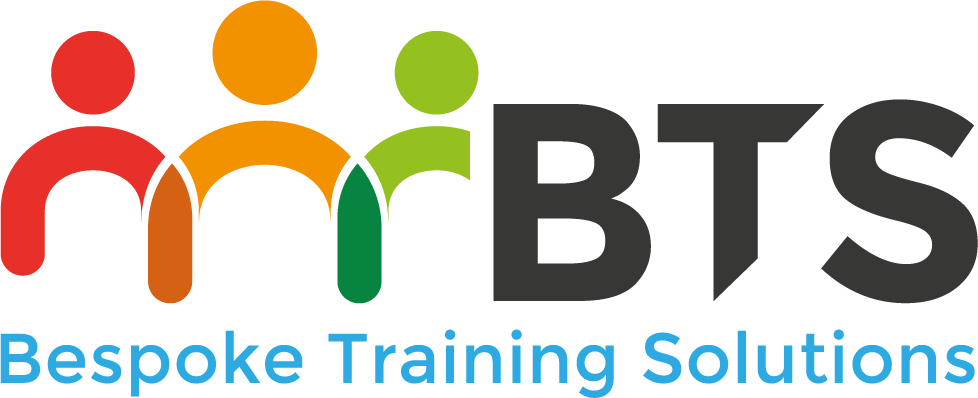Insurance Underwriters play a vital role within the insurance industry, using their expertise to assess risk and ensure policies are fair, accurate, and profitable for the business.
Underwriters use their knowledge of insurance products, regulations, and market trends to make informed decisions on whether to accept or decline applications for cover. They evaluate risk factors, review supporting documents, and determine appropriate premiums and policy terms in line with internal guidelines and industry standards.
Their role often involves working closely with Brokers, claims teams, and Actuaries, ensuring that underwriting decisions balance customer needs with the company’s risk appetite.
Insurance Underwriters are a key part of an insurer’s risk management process, acting as a first line of defence to protect the business from taking on unmanageable or unprofitable risks.
There are no minimum qualification requirements for Underwriter roles, so job vacancies vary in terms of what they ask for. Having said that, it is common for employers to expect applicants to be at least RQF level 2 qualified, ideally level 3. So, if you are looking to increase your options and develop your career, achieving a relevant qualification will put you in a competitive position.
Many Underwriters will have achieved or be working towards at least a level 3 qualification. The main examining body offering qualifications are:
Before choosing which qualifications to take, we recommend you do some research into the methods of assessment used by the examining bodies. Some examinations are multiple choice, others are written answers. Some qualifications are assessed using just exams, some use a mixture of coursework and examination, others are heavily coursework based. Each individual will have their own preferences so deciding on a route that best suits your strengths is an important step.
It is also worth considering the qualification preferences of the firms you are hoping to work for; find out if they favour one route over another.
At BTS, we support the CII route so the information in this profile focuses on some of the main qualifications offered by the CII. Below you will find an overview of the Certificate in Insurance, CII Diploma in Insurance and the CII Advanced Diploma in Insurance, along with links to detailed information on each of the exams that make up the qualifications.
The CII Certificate in Insurance is an RQF Level 3 qualification made up of 3 modules. There are 2 routes to take depending on the area of the insurance industry you want to specialise in; General Insurance or the London Market.
For the General Insurance route, IF1 (Insurance Legal and Regulatory) is a mandatory module and although the modules can be taken in any order, we recommend starting with this as it covers the essential principles of insurance and provides a solid grounding for the other units. We would then suggest moving on to IF2 (General Insurance Business) as this leads on nicely and gives more detail of the products and services offered within the general insurance market, before finishing with IF3 (Insurance Underwriting Process) to hone your knowledge of underwriting practice.
For the London market route, LM1 (London Market Insurance Essentials) and LM2 (London Market Insurance Principles and Practices) are both mandatory modules and as with the General Insurance route the modules can be taken in any order but we recommend starting with the two mandatory ones to gain the foundation knowledge of the London Market and it’s processes and procedures before moving on to LM3 (London Market Underwriting Principles) to develop a solid grasp of how underwriting works in practice within the London Market.
The CII Diploma in Insurance is an RQF Level 4 qualification designed to build advanced technical knowledge across key areas of general insurance. It is made up of a mix of core and optional units, allowing you to tailor your learning to your career goals. While there’s no fixed order in which you must take the exams, some units naturally complement each other and may be better tackled together.
Although it is often referred to as the toughest Diploma level module, we strongly suggest starting with M05 (Insurance Law), as it lays a strong legal foundation that supports many of the other units and revisits the core principles of insurance from the certificate level modules in greater detail. M05 is one of the mandatory modules, as is M92 (Business and Finance) so this may be a good choice to do next as it focuses on how insurance businesses are managed and details the governance and accounting principles associated with financial success.
After completing both mandatory modules, we recommend moving on to M80 (Underwriting Practice) as this will enhance the knowledge gained of underwriting practice from your certificate level IF3 module.
To finish your Diploma, we suggest choosing one of the optional modules that fits with the products you are underwriting. This could be M93 (Commercial Property & Business Interruption Insurances) or M96 (Liability Insurances) for example.
To complete the Diploma, you’ll need to gain 120 CII credits, with at least 90 credits at Diploma level or above. The credits awarded for each Diploma level module vary from 20-30 so it’s important when choosing your optional modules that you ensure they give you enough credits to fully achieve your Diploma.
The CII Advanced Diploma in Insurance is a level 6 qualification. It is becoming increasingly common for Insurance Underwriters to pursue level 6 qualifications and even achieve Chartered status.
To complete the Advanced Diploma, candidates must already hold the CII Diploma in Insurance. The Advanced Diploma is made up of a selection of modules totalling 290 credits (with at least 120 coming from having completed your Diploma). As with the Certificate and Diploma level qualifications, the Advanced Diploma also has mandatory modules and again we suggested starting with the relevant one, in this case 960 (Advanced Underwriting). The remaining 120 credits can be obtained from the optional modules or other mandatory ones.
Our suggestion here would be to follow 960 with 995 (Strategic Underwriting) to continue the theme of underwriting. It is then up to you to pick 3 other modules depending on their relevance to your role or other areas of the insurance market you may be interested in. As an example, you may wish to complete 990 (Insurance Products and Services) if your goal is to move into leadership within the industry or 945 (Marketing insurance products and services) to learn more about how insurance products are promoted and sold. You may also wish to consider the other mandatory modules; 820 (Advanced Claims) or 930 (Advanced Broking) to gain a better understanding of how these areas of the industry support the underwriting function. The CII Qualifications Framework shows the full range of CII units, their level and credit value.
Achieving Chartered Status
To apply for Chartered Status as an Underwriter with the Chartered Insurance Institute (CII), you will need to:
Achieving Chartered Status as an underwriter signifies a high level of professionalism, expertise, and commitment to ongoing learning in the field of underwriting.
A typical day for an Underwriter may include:
Career development for an Underwriter typically follows a clear progression, starting with entry-level roles where individuals gain practical experience in assessing risk, reviewing applications, and making underwriting decisions. As skills and experience develop, Underwriters can progress to mid-level positions with increased responsibility, such as handling more complex policies and portfolios as opposed to individual risks or overseeing Junior Underwriters.
With further experience, Underwriters can move into senior roles, taking on specialised functions (e.g., Commercial, Life, or Property underwriting) or transitioning into management positions.
Additionally, career opportunities can expand into other areas within the insurance industry, including Risk or Catastrophe Management or even roles in training and development, offering a diverse and rewarding career path.

Underwriters are employed by insurance companies or intermediaries to assess and manage risk for various insurance risks.

